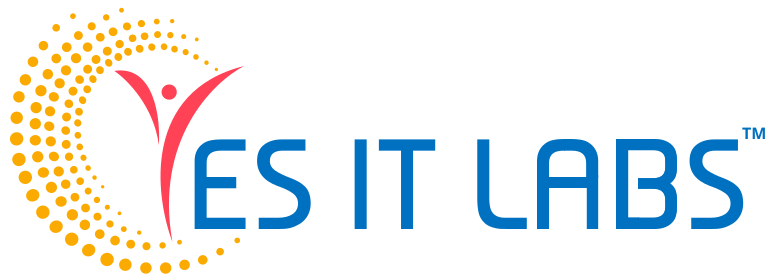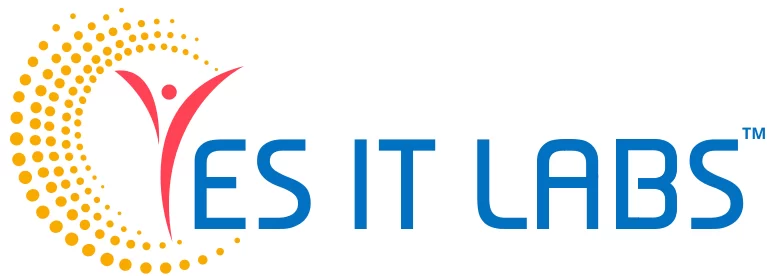Enterprise Resource Planning
In the contemporary business landscape, enterprise resource planning (ERP) software emerges as an indispensable tool for comprehensive business management. It serves as the nucleus that seamlessly integrates diverse functions, from inventory and order management to human resources, accounting, and customer relationship management. This integration streamlines processes and consolidates information across the organisation, driving efficiency and cohesion.
Organisations seeking enterprise resource planning solutions and management turn to YES IT Labs, a leading enterprise resource planning solution company. Our holistic approach encompasses enterprise resource management services that restructure operations and enhance productivity. The cornerstone of ERP lies in its ability to provide a unified platform for reporting and automation, fostering well-organised workflows and data-driven decision-making.
The hallmark of an effective ERP system is its shared database, which caters to the diverse needs of various business units. In this architecture, departments like sales and accounting can draw from the same repository of information, facilitating synchronised operations and accurate insights.
With a legacy of industry experience and technical prowess, YES IT Labs’ developers excel in crafting comprehensive enterprise resource planning software tailored to your organization’s needs. Our customized solutions empower you to cherry-pick functions that amplify operational control and effectiveness. Moreover, our multilingual ERP system opens doors to global reach and accessibility.
As a foundation of cutting-edge technology, YES IT Labs’ ERP solutions unlock the potential for streamlined operations, improved efficiency, and amplified profitability. Experience the transformative impact of our ERP systems as you journey toward a future where your organization thrives, adapts, and prospers with precision and purpose.
Benefits of Enterprise Resource Planning
●Streamlined Processes: ERP software integrates various business functions into a unified system, promoting efficient and standardised processes across the organisation.
●Enhanced Data Accuracy: A centralised database minimises data duplication and errors, ensuring accurate and reliable information for decision-making.
●Improved Communication: ERP fosters cross-functional communication by providing a platform where departments can access shared information in real-time.
●Data-Driven Insights: ERP systems offer data analytics tools that generate valuable insights, enabling data-driven decision-making for strategic planning.
●Resource Optimisation: With comprehensive visibility into various processes, ERP enables better resource allocation, reducing wastage and increasing efficiency.
●Cost Savings: By optimising processes and resource allocation, ERP helps cut operational costs and enhances overall financial management.
●Adaptability to Change: ERP systems provide flexibility to adapt to changing business needs, ensuring scalability and agility in a dynamic market landscape.
● Enterprise Resource Planning System(ERP), just by considering name we can simply
define ERP as System or software that used to manage all the resources of the whole
enterprise. Right from employee payments to a single screw coming into the enterprise,
everything can be managed & tracked by using ERP Systems. ERP is a cross-functional
software that supports all the business processes within the organization.
● There are many vendors in the market which are providing traditional ERP solutions or
Cloud-based ERP solutions. Though implementation platforms or technologies are
different, there are common & basic modules of ERP which can be found in any ERP
System. Depending on organizations need required components are integrated &
customized ERP system is formed. All the below-mentioned modules can be found in an
ERP system:
● Human Resource
● Inventory
● Sales & Marketing
● Purchase
● Finance & Accounting
● Customer Relationship Management(CRM)
● Engineering/ Production
● Supply Chain Management (SCM)
FUNCTIONAL AREA OF ERP SOFTWARE


























